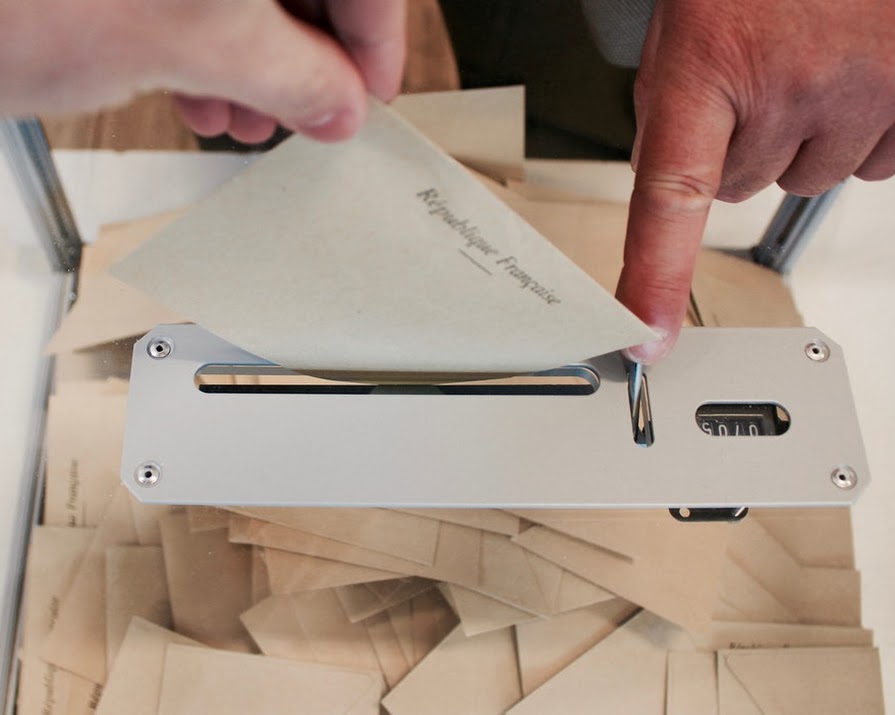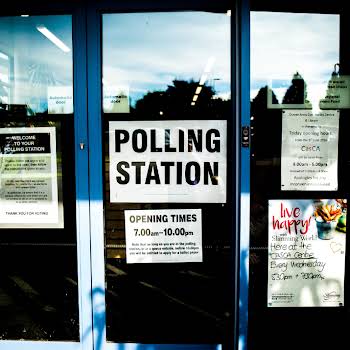
By Erin Lindsay
19th Oct 2018
19th Oct 2018
While the radio and TV stations have been buzzing with discussion about the upcoming presidential election, that’s not the only thing we’ll be voting on next Friday. On the 26th of October, the people of Ireland will be voting on whether or not to change the law on blasphemy; so that it will no longer be a criminal offence.
Related: Who are our six presidential
candidates for election 2018?
There hasn’t been a lot of discussion on the blasphemy referendum, with the limelight shining mostly on the presidential candidates. However, it’s the responsibility of all of us to make an informed and educated decision at the polls. Here’s everything you need to know to make yours.
What are we voting on?
In next week’s referendum, we will be voting on whether we should remove the word ‘blasphemous’ from Article 40.6.1 of our Constitution. If it is removed, this will mean blasphemy will no longer be a criminal offence under Irish law.
What does the Constitution say about blasphemy?
Right now, Article 40.6.1 of the Constitution reads as follows:
“The State guarantees liberty for the exercise of the following rights, subject to public order and morality:
“i: The right of the citizens to express freely their convictions and opinions. The education of public opinion being, however, a matter of such grave import to the common good, the State shall endeavour to ensure that organs of public opinion, such as the radio, the press, the cinema, while preserving their rightful liberty of expression, including criticism of Government policy, shall not be used to undermine public order or morality or the authority of the State.
“The publication or utterance of blasphemous, seditious, or indecent matter is an offence which shall be punishable in accordance with law.”
What is blasphemy defined as?
The legal definition of blasphemy is contained in the Defamation Act 2009. It says that a person publishes or utters something blasphemous if they:
“Publish or say something that is grossly abusive or insulting in relation to matters held sacred by any religion, thereby causing outrage among a substantial number of the adherents of that religion, and intend to cause that outrage.”
If a person is accused of blasphemy can prove that a “reasonable person” would find genuine literary, artistic, political, scientific or academic value in what they published or said, this can be used as a defence.
What is the punishment for a blasphemy offence?
If convicted of a blasphemous offence, a person may be fined up to €25,000. There is no prison sentence for the offence.
And has that ever happened?
No. No one has ever been prosecuted for a blasphemous offence in Ireland.
What happens if we vote Yes? And what happens if we vote No?
If we vote Yes:
The Oireachtas would be allowed to change the law so that publishing or saying something blasphemous would no longer be a criminal offence.
If we vote No:
The law would remain unchanged, and saying or publishing something blasphemous would still be a criminal offence.
The blasphemy referendum will take place on Friday 26th October at all usual polling stations.























